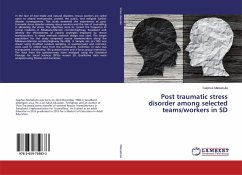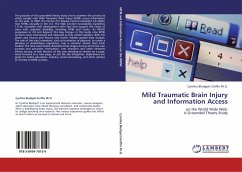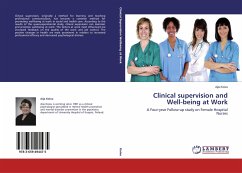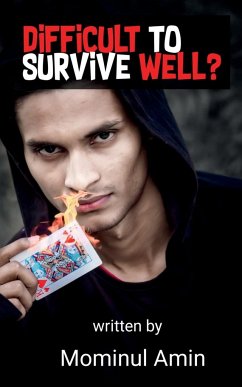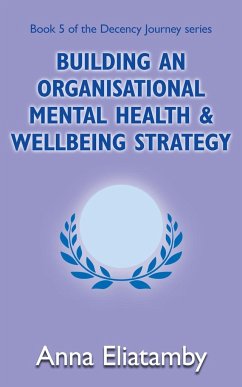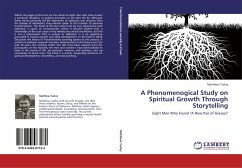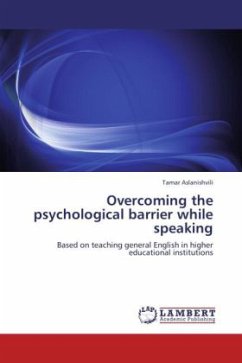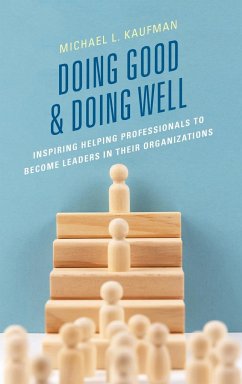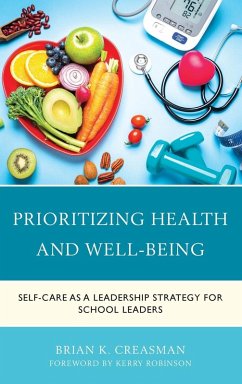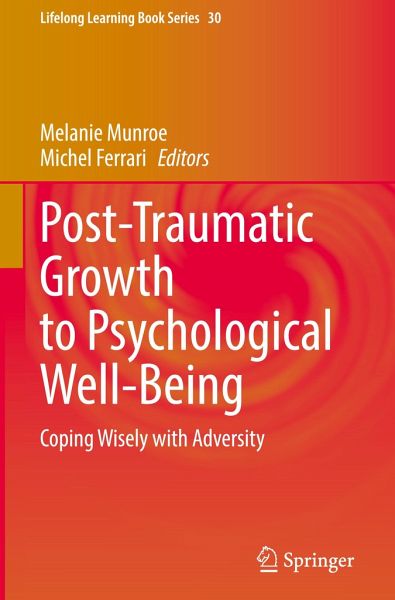
Post-Traumatic Growth to Psychological Well-Being
Coping Wisely with Adversity
Herausgegeben: Munroe, Melanie; Ferrari, Michel

PAYBACK Punkte
68 °P sammeln!
This book explores 'why some people experience post-traumatic growth leading to greater wisdom and others do not' and suggests that a critical variable is how one copes with that trauma: individuals who actively reflect on their experiences of trauma should develop higher levels of self-transcendent wisdom. This same dynamic has been shown both in research studies of post-traumatic growth and by therapists working with people who have experienced trauma, but these two bodies of work have rarely been brought into direct conversation with each other. In this volume, wisdom researchers and therap...
This book explores 'why some people experience post-traumatic growth leading to greater wisdom and others do not' and suggests that a critical variable is how one copes with that trauma: individuals who actively reflect on their experiences of trauma should develop higher levels of self-transcendent wisdom. This same dynamic has been shown both in research studies of post-traumatic growth and by therapists working with people who have experienced trauma, but these two bodies of work have rarely been brought into direct conversation with each other. In this volume, wisdom researchers and therapists with direct experience with trauma survivors comment on each other's ideas about how coping with adversity can lead to wisdom, and how their proposed models of developing wisdom incorporate the act of coping with a stressful or traumatic event. Based on a synthetic integration of the recommendations in each chapter, the book concludes with the introduction of a new conceptual framework that can better help even individuals who experience significant stressors in their life to cope well and develop wisdom that will be both theoretically robust and practically useful.




